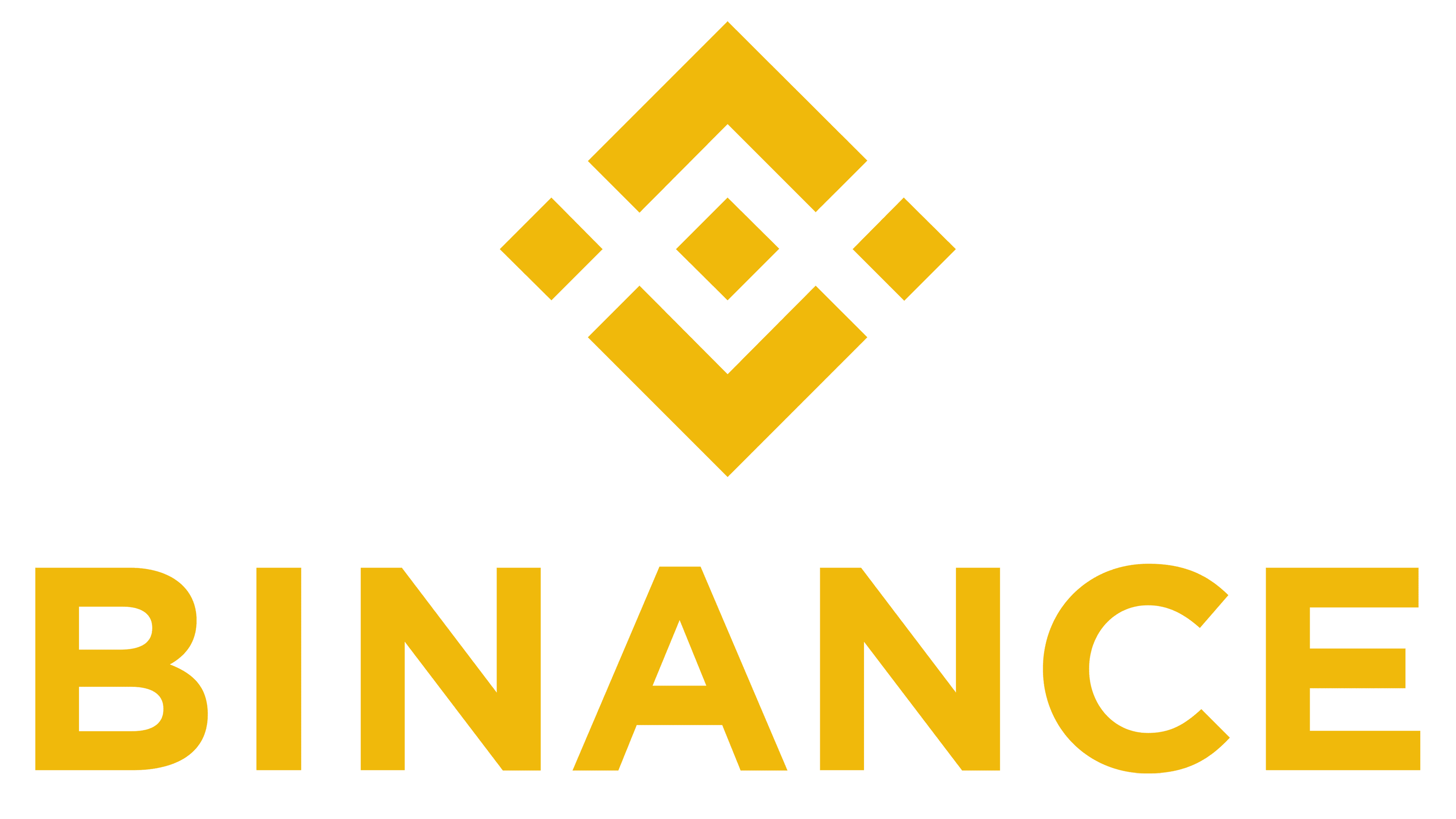The Securities and Exchange Commission (SEC) of Nigeria has ordered Binance to halt its operations in the country in another major blow for the world's largest cryptocurrency exchange.
In a statement, the SEC said that a local unit of Binance was illegally courting investors through a website due to the company not being registered or regulated. The statement, dated 9 June, says: "Binance Nigeria Limited is hereby directed to immediately stop soliciting Nigerian investors in any form whatsoever."
The Nigerian SEC last year published a set of regulations for digital assets as it sought to find a balance between a ban on crypto assets and their unregulated use. The year prior, Nigeria’s central bank banned banks and financial institutions from dealing in or facilitating transactions in digital currencies.
The news is an added blow for Binance, which last week was sued by the US Securities and Exchange Commission. The regulator alleged that Binance had mixed "billions of dollars" in customer funds and secretly sent them to a separate company controlled by founder and chief executive, Changpeng Zhao. Zhao, Binance Holdings and two additional Binance-linked companies, face 13 civil charges.
The US SEC also is suing fellow crypto exchange Coinbase, alleging the company made billions of dollars by operating as a middleman on crypto transactions, while evading disclosure requirements meant to protect investors.
Latest News
-
Gemini to cut quarter of workforce and exit UK, EU and Australia as crypto slump forces retrenchment
-
Bank ABC’s mobile-only ila bank migrates to core banking platform
-
Visa launches platform to accelerate small business growth in US
-
NatWest to expand Accelerator programme to 50,000 members in 2026
-
BBVA joins European stablecoin coalition
-
eToro partners with Amundi to launch equity portfolio with exposure to ‘megatrends’
Creating value together: Strategic partnerships in the age of GCCs
As Global Capability Centres reshape the financial services landscape, one question stands out: how do leading banks balance in-house innovation with strategic partnerships to drive real transformation?
Data trust in the AI era: Building customer confidence through responsible banking
In the second episode of FStech’s three-part video podcast series sponsored by HCLTech, Sudip Lahiri, Executive Vice President & Head of Financial Services for Europe & UKI at HCLTech examines the critical relationship between data trust, transparency, and responsible AI implementation in financial services.
Banking's GenAI evolution: Beyond the hype, building the future
In the first episode of a three-part video podcast series sponsored by HCLTech, Sudip Lahiri, Executive Vice President & Head of Financial Services for Europe & UKI at HCLTech explores how financial institutions can navigate the transformative potential of Generative AI while building lasting foundations for innovation.
Beyond compliance: Building unshakeable operational resilience in financial services
In today's rapidly evolving financial landscape, operational resilience has become a critical focus for institutions worldwide. As regulatory requirements grow more complex and cyber threats, particularly ransomware, become increasingly sophisticated, financial services providers must adapt and strengthen their defences. The intersection of compliance, technology, and security presents both challenges and opportunities.
© 2019 Perspective Publishing Privacy & Cookies



.png)









Recent Stories